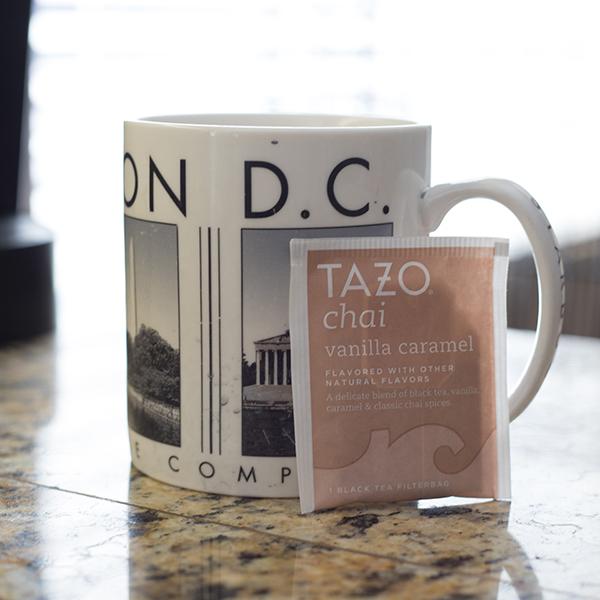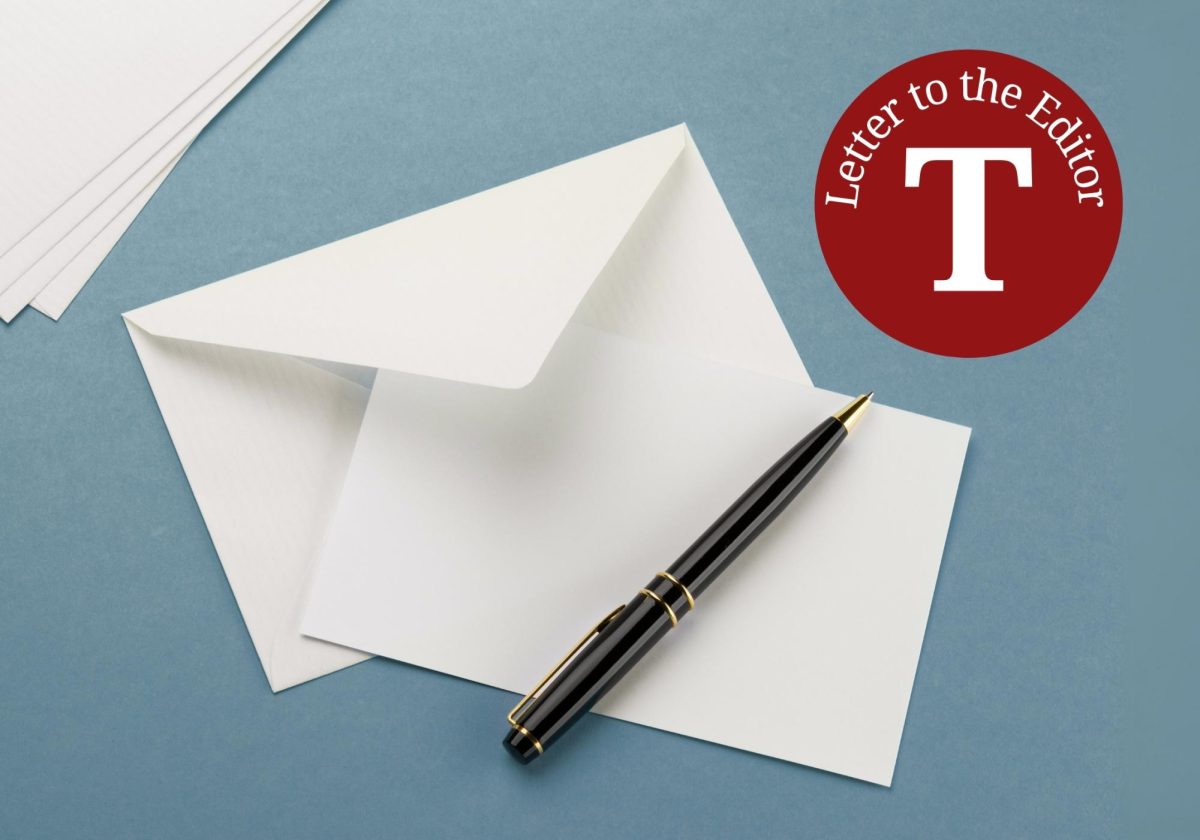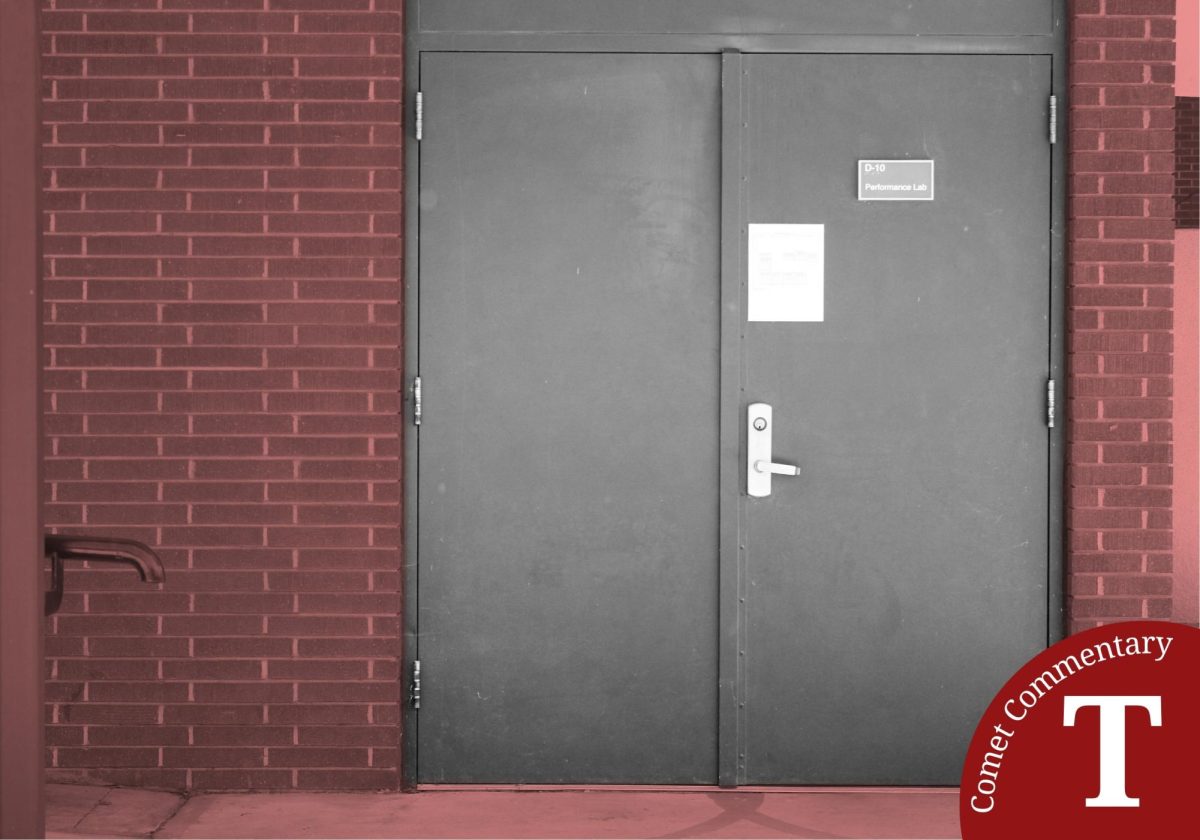There are two types of people in the world, those who drink coffee and those who swear by tea.
The debate between a cup of joe and the benefits of herbal tea are endless. A hot cup of coffee will give you that extra perk you need in the morning, while tea can help you relax after a stressful day. Besides being our essential drink of choice to help us get through the daily hustle and bustle, both promote many health benefits, no matter what cup you prefer.
Nothing is more significant than the aroma of freshly brewed coffee. To many, it’s almost like an addiction, a jolting liquid that fights off fatigue, headaches, and a lack of motivation. Its roasted beans come from a group of plants called “coffea” which protect against liver disease and some neurological ailments.
Studies have shown, coffee contains high antioxidants that can help neutralize free radicals and help reduce the risk of stroke, Parkinson’s disease, and Type 2 Diabetes. One of its main benefits is its high caffeine content, containing 95 mg of caffeine in just an average cup of coffee. However, just like everything else, moderation is key.

“Moderate coffee consumption seems remarkably safe, and it can be incorporated as part of a healthy diet by most of the adult population,” said Dr. Gullar from the Johns Hopkins Bloomberg School of Public Health.
It might seem too good to be true, but coffee also carries some unwanted baggage. Too much of coffee could actually raise blood pressure and cholesterol levels. Coffee is an acidic beverage that can be uncomfortable to tolerate if the person has digestive issues. One cup too many can also reduce bone density.
Tea, on the other hand, is filled with potential cancer-fighting antioxidants. According to the National Cancer Institute, tea contains polyphenol compounds, which are antioxidants that might aid in cancer prevention, including prostate, skin, and breast cancer. Green tea is popular selection due to its ingredients are known for improving muscle cells while shrinking fat cells.
“Drinking tea can help to prevent cognitive decline, reduce stress and promote psychological well-being,” said Assistant Professor Feng Lei. The antioxidants in the tea can assist in our immune system contributing our body’s overall health. Unlike coffee, many people find that drinking tea calms their nerves and helps lower anxiety.
However, tea has some downsides of its own. For instance, tea contains tannins which can reduce iron levels and make it hard for your body to absorb plant-based iron. Because tea has less caffeine — about 14-70 mg compared to coffee — it is still possible to feel anxiety and insomnia if sensitive to caffeine. In addition, drinking tea religiously can stain your teeth over time.

In a survey conducted at Palomar College, I was curious to see what were students and faculty members drink of choice, and the numbers weren’t surprising. Out 50 people, 30 of them preferred the wakeup call of a cup of coffee. “Tea seems flavorless or watered down a lot of time,” said Palomar Student Cody Jendro. “Coffee is rich with flavor and is perfect with cream and sugar.” Despite the overrule of coffee lovers, tea extraordinaires defend their love for tea. “Green or an herbal detox tea is my choice,” said Palomar aid Victoria Jones. “Coffee is way too acidic for my stomach.”
In general, If you’re looking for a morning pick-me-up that will help protect the liver and fight diabetes, coffee could be your answer. If you want an equally healthy drink that’s light on caffeine and filled with tons of antioxidants to prevent cancer, tea may be your go to. Although no matter what side you stand by, your choice of beverage is really up to you.













